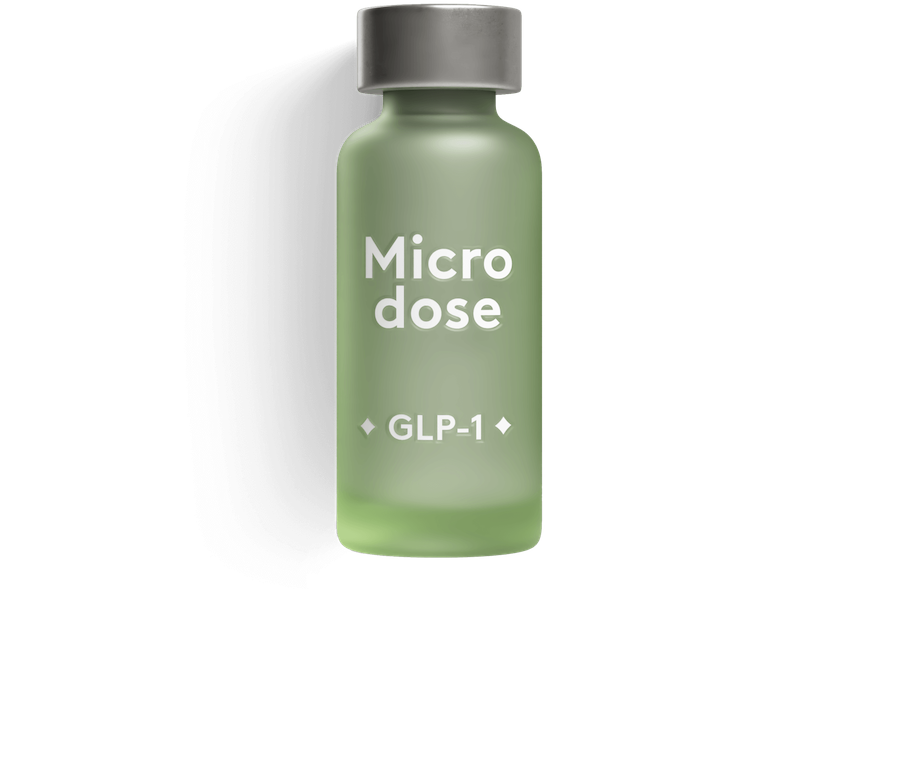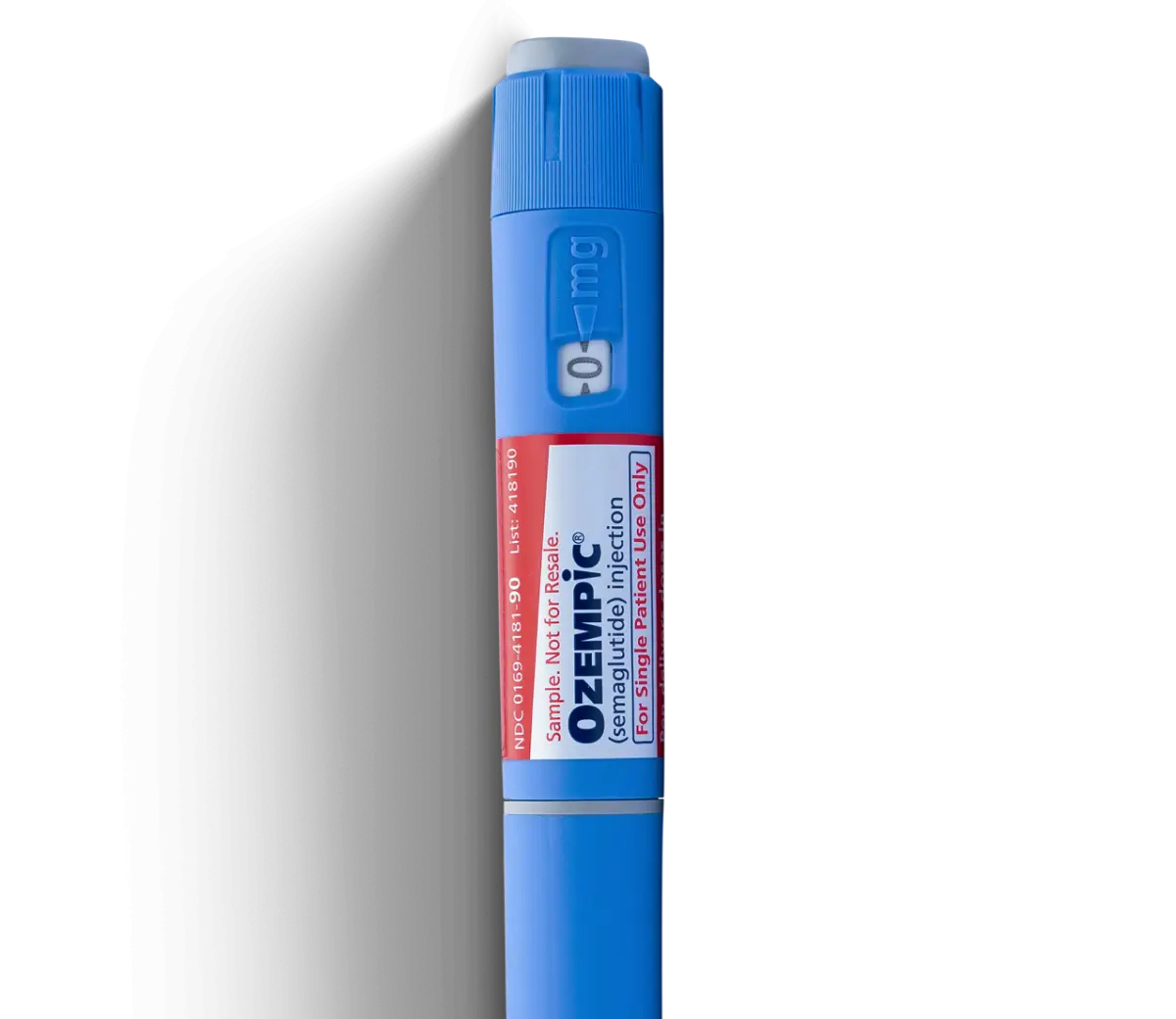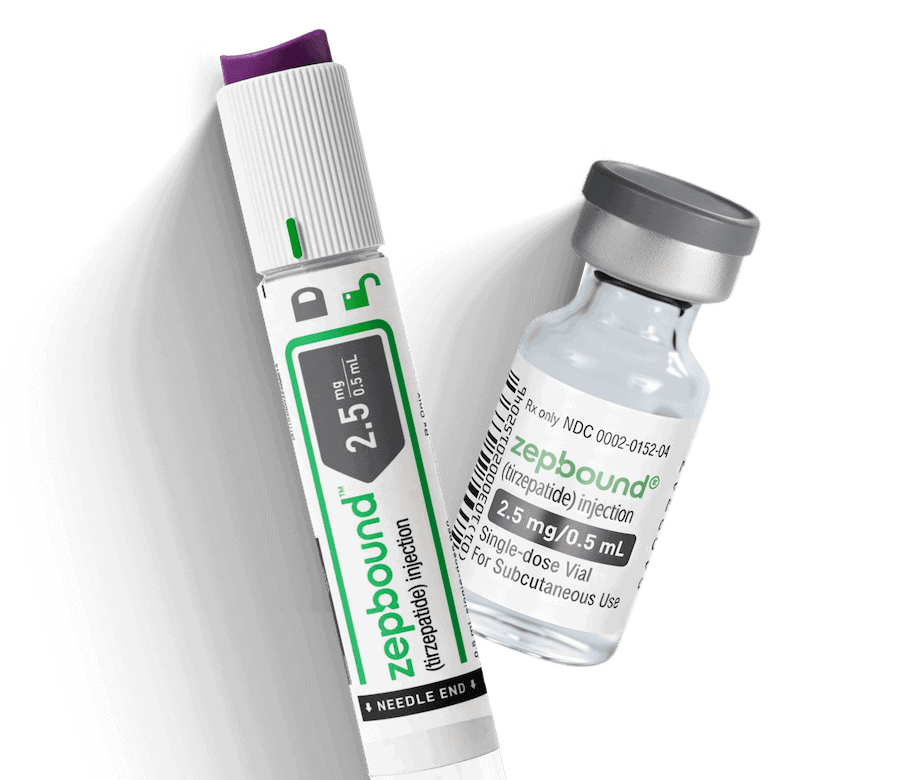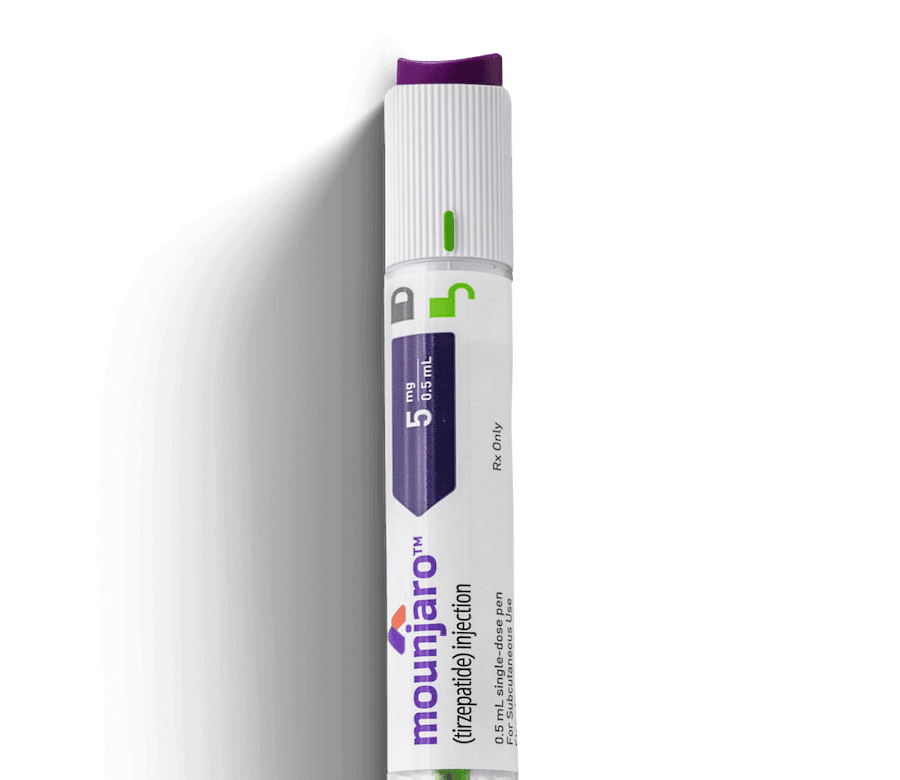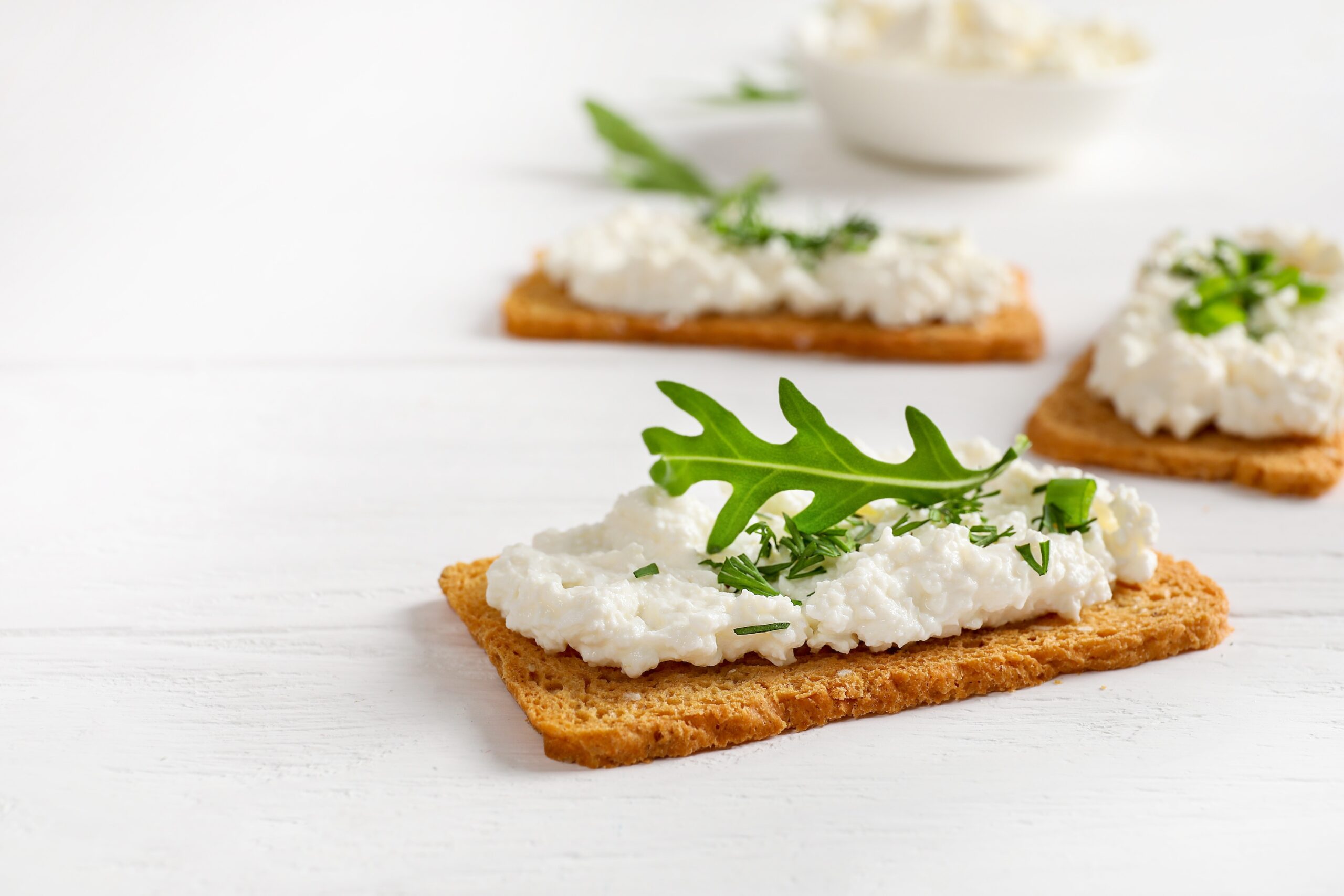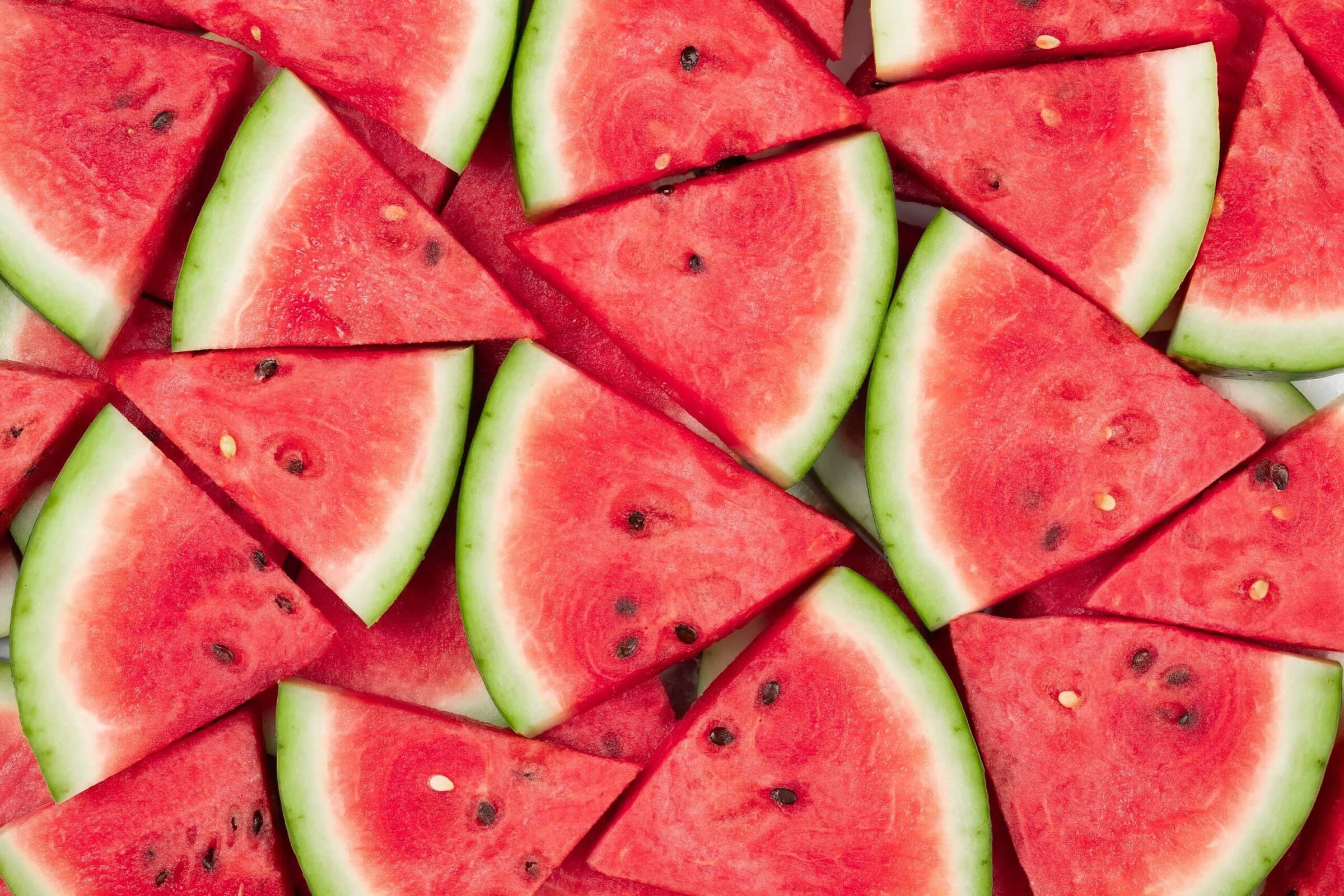- How pineapple can help you lose weight
- Nutrients in pineapple
- Vitamins & minerals in pineapple
- Which diets include pineapple?
- What are the health benefits of pineapple?
- Weight-loss benefits of pineapple
- Best alternatives & comparisons
- FAQs about pineapple and weight loss
- Is pineapple good for weight loss?
- What the science says
Craving something sweet and tropical? Pineapple might just be the perfect solution, especially if you’re trying to reduce calories. This juicy fruit has earned its place as a green food in the Noom system, meaning you can enjoy it freely without worrying about overdoing it. What makes pineapple particularly interesting is its unique enzyme bromelain, exceptional vitamin C content, and high water content that helps you feel full on relatively few calories.
✅ Quick answer
Yes, pineapple can be a helpful and delicious addition to a weight loss diet. A 100-gram serving has just 50 calories, it’s packed with water, and has a good dose of fiber, which keeps you full and hydrated.
✅ Why pineapple can support your goals:
- It’s nutrient-dense and low in calories – You can eat a satisfying portion without a significant caloric impact. Plus, the high water content adds bulk to your meal, which tells your brain you’re full and reduces overall calorie consumption.
- It’s rich in fiber and digestive enzymes – Pineapple contains dietary fiber, which is crucial for maintaining a healthy digestive system and promoting satiety. It also contains bromelain, a unique enzyme that aids in protein digestion, potentially reducing bloating and improving gut health.
- It’s packed with nutrients – Beyond its weight loss benefits, pineapple is exceptionally rich in vitamin C, a potent antioxidant, and manganese, which is vital for bone health and metabolism.
⚠️ Things to be mindful of:
- Pineapple is rich in natural sugars – While pineapple is low in calories, a significant portion comes from natural sugars. Large quantities, especially juice or canned pineapple in syrup, can lead to blood sugar spikes that may trigger cravings for more sugary foods.
- It has a moderate glycemic index – Pineapple has a moderate glycemic index (GI), meaning it can raise blood sugar levels more quickly than low-GI fruits like berries. For individuals with insulin sensitivity issues, it’s best to pair pineapple with protein or healthy fat to slow sugar absorption.
- Acidity can be an issue for some people – The natural acids and bromelain in pineapple can sometimes cause mouth irritation or stomach upset in sensitive individuals, especially when consumed in large amounts.
🥗 Nutrients in pineapple (per 100g / 3.5 oz / ¾ cup chunks)
| Nutrient | Amount | % RDA* |
|---|---|---|
| Calories | 50 calories | 2.5% |
| Protein | 0.54 g | 1.1% |
| Total carbs | 13.1 g | 4.8% |
| Fiber | 1.4 g | 5% |
| Sugars | 9.85 g | — |
| Total fat | 0.12 g | 0.2% |
| – Saturated fat | 0.009 g | <0.1% |
| – Monounsaturated fat | 0.014 g | — |
| – Polyunsaturated fat | 0.04 g | — |
| Omega-3 | 0 g | — |
| Omega-6 | 0.04 g | — |
This nutritional profile highlights pineapple’s status as a low-calorie, low-fat food perfect for volume eating. Most carbohydrates come from natural sugars, but the 1.4 grams of fiber help mitigate sugar’s impact on blood glucose and contribute to fullness.
Rx weight-loss, the right way, with Noom
Get access to prescription weight loss medication with Noom.*Recommended dietary allowance (RDA) is defined as the average daily amount of nutrients needed to meet the requirements of nearly all healthy people in a specific group.
💊 Vitamins & minerals in pineapple (per 100g / 3.5 oz / ¾ cup chunks)
| Vitamin/Mineral | Amount | %RDA |
|---|---|---|
| Vitamin C | 47.8 mg | 53% |
| Manganese | 0.927 mg | 40% |
| Copper | 0.11 mg | 12% |
| Vitamin B6 | 0.112 mg | 7% |
| Thiamin (B1) | 0.079 mg | 7% |
| Folate (B9) | 18 μg | 5% |
| Pantothenic Acid (B5) | 0.213 mg | 4% |
| Magnesium | 12 mg | 3% |
| Niacin (B3) | 0.5 mg | 3% |
| Potassium | 109 mg | 2% |
Pineapple is rich in vitamins and minerals. A single serving delivers over half your daily vitamin C requirement, supporting immune function and collagen production. It’s also one of the best sources of manganese (40% of daily needs), crucial for bone development and energy metabolism.
Sign up for Noom Digest!
Stay on top of your wellness journey with the latest Noom news, thoughtful articles, and a healthy dose of inspiration delivered right to your inbox.🔍 Nutrient breakdown
Glycemic index (GI) of pineapple
✔️ Glycemic index: 59 (Moderate)
💡 Tip: To minimize blood sugar impact, pair pineapple with protein like Greek yogurt or a handful of almonds.
Is pineapple high in protein?
❌ No: Pineapple contains only 0.5 g of protein per 100 g, which doesn’t contribute significantly to daily protein needs.
🔹 Better protein alternatives: Greek Yogurt | Chicken Breast | Eggs
Is pineapple high in fiber?
❌ No: Pineapple provides 1.4 g of fiber per 100 g.
While this contributes to daily intake, it’s not considered high-fiber compared to foods like raspberries or beans.
💡 Tip: Mix pineapple into oatmeal or chia seed pudding for a higher-fiber snack.
Is pineapple low in carbs?
❌ No: Pineapple has 13.1 g of carbs per 100 g, with most being sugar. It’s not suitable for strict low-carb diets like keto.
💡 Tip: Stick to about one cup (165g) to keep carb intake reasonable for most eating plans.
Is pineapple gluten-free?
✔️ Yes: Pineapple is naturally 100% gluten-free and safe for individuals with celiac disease or gluten sensitivity.
Is pineapple good for fat loss?
✔️ Yes: Due to its low-calorie and high-water profile, pineapple helps you feel full on fewer calories, making it easier to maintain a calorie deficit.
🍽️ Diet compatibility: Which diets include pineapple?
| Diet | ✅Yes /❌No | Why |
|---|---|---|
| Keto | ❌ | Pineapple is too high in carbohydrates (13.1g per 100g) to fit into ketogenic macros. A small serving could exceed daily carb limits. |
| Paleo | ✅ | As a whole, unprocessed fruit, pineapple aligns perfectly with Paleo principles and provides natural sweetness. |
| Mediterranean | ✅ | Fresh fruits are emphasized in the Mediterranean diet, and pineapple’s anti-inflammatory properties align with this heart-healthy eating pattern. |
| Vegan | ✅ | As a plant-based food, pineapple is 100% vegan and provides natural sweetness and micronutrients without animal products. |
| Gluten-free | ✅ | Pineapple is naturally gluten-free and provides vitamins and fiber without gluten exposure risk. |
Pineapple’s compatibility varies by carbohydrate restrictions. Low-carb plans find its natural sugars problematic, while whole-food-focused diets embrace it as a nutritious, anti-inflammatory option.
🌟 Is pineapple healthy? What are the health benefits
Metabolic health: Is pineapple good for your metabolism?
- ✔️ Boosts metabolism? Yes – Pineapple contains manganese, which plays a key role in carbohydrate and fat metabolism, plus B vitamins essential for converting food into energy. ❔
- Improves insulin sensitivity? Data limited – Some animal studies suggest pineapple juice may help regulate blood sugar, but human data is lacking. Its moderate GI means pairing with protein or fat is advisable. ✔️
- Effect on fat storage? Helps prevent – Research suggests bromelain may help regulate fat cell formation and promote fat breakdown, though human weight loss trials are needed.
Cholesterol impact: Does pineapple affect cholesterol levels?
- Does it lower LDL (bad) cholesterol? Unknown – No direct evidence shows pineapple lowers LDL cholesterol, though its soluble fiber can contribute to overall healthy cholesterol levels. ❔
- Does it raise HDL (good) cholesterol? Data limited – The effect on HDL cholesterol isn’t well-studied, though fruit-rich diets generally support cardiovascular health.
- ✔️ Overall impact on heart health? Pineapple has a favorable impact due to its potassium, vitamin C, and fiber content, which support blood pressure management and cellular protection.
💡 Tip: Include pineapple in a heart-healthy diet with oats, nuts, and fatty fish for synergistic effects on cholesterol and heart health.
Can I eat pineapple for a calorie deficit?
- ✔️ Yes, with confidence: Pineapple is excellent for calorie deficits, with only 50 calories per 100g and high water content that promotes fullness on very few calories.
💡 Tip: Replace high-calorie desserts like ice cream with fresh pineapple to save hundreds of calories.
Is pineapple rich in antioxidants?
- ✔️ Yes: Pineapple is rich in antioxidants, most notably vitamin C and flavonoids, which protect cells from oxidative stress. Bromelain also exhibits antioxidant properties.
Does pineapple support gut health?
- ✔️ Yes: The dietary fiber acts as a prebiotic, feeding beneficial gut bacteria. A healthy gut microbiome supports better digestion, immunity, and mental health.
Does pineapple support digestion?
- Positive: Pineapple’s bromelain enzyme helps break down protein molecules, making them easier to absorb and reducing feelings of heaviness after protein-rich meals.
Does pineapple help you feel satiated and less hungry?
- 🥤 Satiety Level: Moderate The combination of fiber and high water content promotes fullness effectively for its low calorie count, though it’s not as satiating as high-protein or high-fat foods.
💡 Tip: Blend frozen pineapple chunks with protein powder for a highly satiating, low-calorie meal replacement.
Does pineapple help with nighttime cravings?
✔️ Yes: A small bowl of pineapple can satisfy late-night sweet cravings much more healthily than processed snacks, cookies, or ice cream.
💡 Tip: Keep pre-cut pineapple chunks ready in the fridge for easy access to healthy sweet snacks.
Does pineapple help reduce inflammation?
✔️ Yes: Bromelain is a well-researched anti-inflammatory compound that may help reduce inflammation throughout the body and ease symptoms of conditions like arthritis.
Is pineapple beneficial for brain health?
✔️ Yes: Pineapple contains flavonoids and tryptophan, beneficial for brain health. Tryptophan is a serotonin precursor affecting mood and sleep, while anti-inflammatory effects may protect against cognitive decline.
Can pineapple improve skin and hair health?
✔️ Yes: High vitamin C content is crucial for collagen production, giving skin elasticity and strength. Antioxidants also help protect skin from sun damage and pollution.
Can pineapple help balance hormones?
- ❔ Limited evidence: While B vitamins are important for hormone production, there’s no strong evidence that pineapple significantly affects hormone balance, though its anti-inflammatory properties support overall endocrine function.
💡 Tip: Focus on overall healthy eating patterns rather than individual foods for hormonal balance.
🍽️ Best ways to eat pineapple for weight loss
- Fresh: Eating fresh pineapple preserves all its nutrients and water content without any added sugars. It’s perfect as a snack, tossed into salads, or mixed into yogurt for a naturally sweet boost.
- Grilled or roasted: Grilling or roasting pineapple caramelizes its natural sugars, intensifying the sweetness without adding extra calories. This method works well as a light dessert or served alongside lean proteins.
- Frozen in smoothies: Blending frozen pineapple with protein powder creates a thick, satisfying smoothie that feels indulgent while offering balanced nutrition and keeping you full.
🚀 Weight-loss benefits
- Promotes satiety with low calories: Pineapple is high in water and fiber, which can help you feel full while consuming very few calories—making it easier to stay in a calorie deficit.
- Aids digestion: It contains bromelain, an enzyme that helps break down protein more efficiently. This can support digestion, reduce bloating, and improve nutrient absorption.
- Satisfies sweet cravings: Pineapple’s natural sweetness makes it a smart alternative to processed desserts, helping curb sugar cravings and prevent high-calorie snacking.
🍏 Best alternatives & comparisons (Per 100g / 3.5 oz)
| Food | Calories | Carbs | Fiber | Protein | Fat |
|---|---|---|---|---|---|
| Pineapple | 50 | 13.1 g | 1.4 g | 0.5 g | 0.1 g |
| Strawberries | 32 | 7.7 g | 2.0 g | 0.7 g | 0.3 g |
| Grapefruit | 42 | 11 g | 1.6 g | 0.8 g | 0.1 g |
| Watermelon | 30 | 7.6 g | 0.4 g | 0.6 g | 0.2 g |
| Apple (with skin) | 52 | 13.8 g | 2.4 g | 0.3 g | 0.2 g |
| Mango | 60 | 15 g | 1.6 g | 0.8 g | 0.4 g |
While pineapple is a great low-calorie option, feel free to eat a variety of fruits for a variety of vitamins and minerals. Strawberries and apples provide more fiber for greater satiety. All these fruits work well for weight loss—choose based on preference and rotate for variety.
Frequently asked questions about pineapple and weight loss
Is canned pineapple as good as fresh for weight loss?
Fresh pineapple is better than canned versions packed in syrup, which add extra sugar and calories. Canned pineapple in its own juice is acceptable, but still not as beneficial as fresh due to some nutrient loss during processing.
How much pineapple can I eat per day for weight loss?
As a green food in the Noom system, pineapple can be enjoyed freely, but about 1-2 cups (165-330g) per day is a reasonable amount that provides benefits without excessive sugar intake.
Does pineapple burn belly fat?
No single food burns belly fat. Pineapple’s low calories, high water content, and bromelain enzyme support overall weight loss, which may include belly fat reduction as part of total body fat loss.
Is pineapple juice good for weight loss?
Pineapple juice is less ideal than whole fruit because juicing removes most beneficial fiber, leaving concentrated sugar and calories that won’t keep you full.
When is the best time to eat pineapple for weight loss?
There’s no specific best time, but pineapple works well as a post-workout snack for natural sugar replenishment, as a dessert alternative, or paired with protein to balance blood sugar response.
Can people with diabetes eat pineapple for weight loss?
People with diabetes can eat pineapple, but should monitor portions due to its moderate glycemic index and pair it with protein or healthy fats to minimize blood sugar spikes. And always listen the advice of their doctor first.
🧠 Is pineapple good for weight loss?
Pineapple is an excellent choice for weight loss, due to its high water content and relatively low calorie density. While it contains natural sugars that can raise blood sugar, its overall nutritional profile makes it unlikely you’ll overeat this hydrating fruit. The key to success with pineapple—and any weight loss approach—is understanding that no single food is magic, but rather how foods fit into your overall eating pattern. Pineapple’s ability to satisfy sweet cravings, provide essential nutrients, and keep you hydrated makes it a valuable choice in creating sustainable, enjoyable eating habits that support long-term weight management success.
📖 Scientific evidence
- Pineapple packs nutrients and natural enzymes (International Journal of Nutrition and Food Sciences, 2015): Pineapple is rich in vitamins, minerals, fiber, and bromelain—an enzyme that may support digestion, reduce inflammation, and boost overall health.
- Pineapple offers antioxidant and digestive benefits (Food Research International, 2020): Pineapple is rich in fiber, vitamins, and plant compounds that support digestion, reduce inflammation, and may promote heart and metabolic health.
- Pineapple enzyme supports digestion and reduces inflammation (Biomedical Reports, 2016): Research shows that bromelain, a natural enzyme found in pineapple, may help ease inflammation, support digestion, and even boost immune health.
- Pineapple juice may help burn fat (Food Science and Biotechnology, 2018): In animal studies, rats fed a high-fat diet gained less weight and had lower body fat when given raw pineapple juice. Researchers found it may work by reducing fat storage and boosting fat-burning signals.
Why you can trust us
At Noom, we’re committed to providing health information that’s grounded in reliable science and expert review. Our content is created with the support of qualified professionals and based on well-established research from trusted medical and scientific organizations. Learn more about the experts behind our content on our Health Expert Team page.


